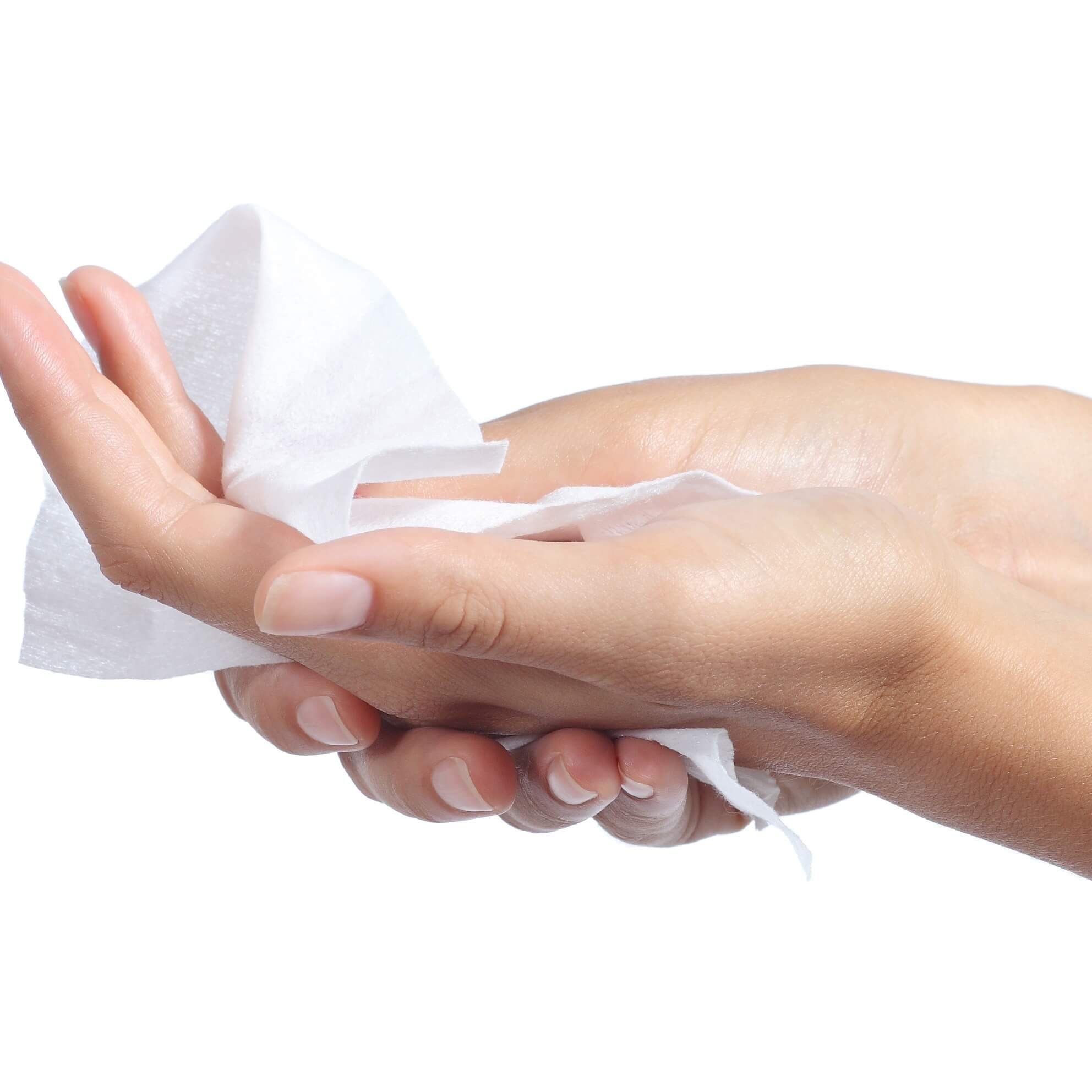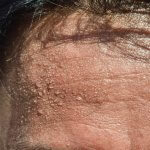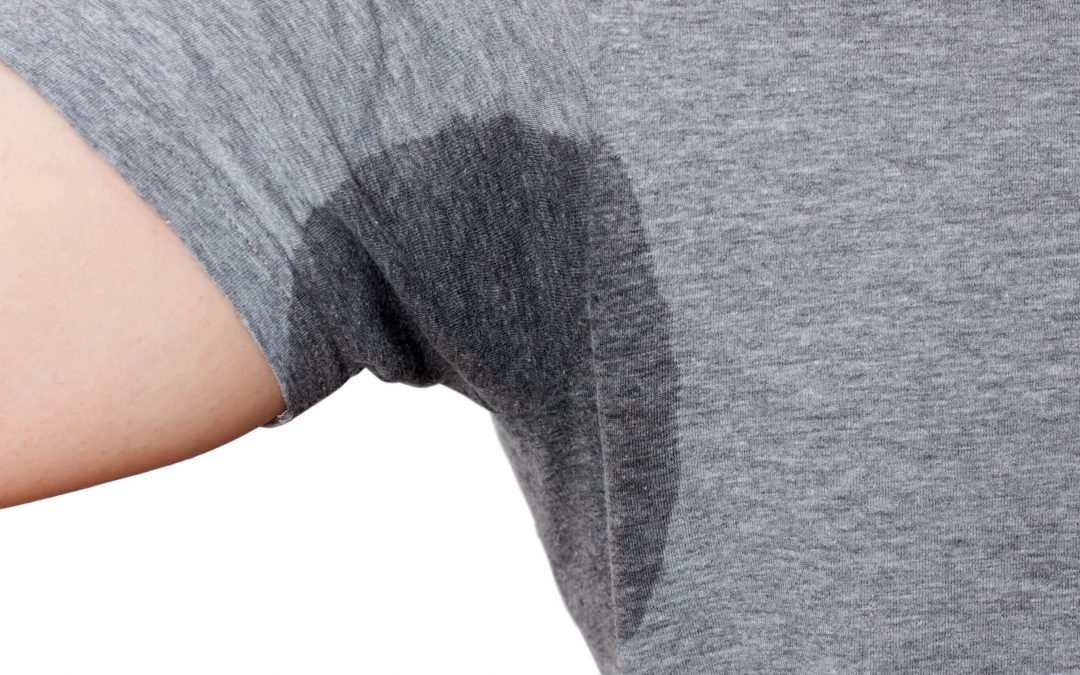Did you know that excessive sweating called hyperhidrosis affects over 3% of Canadians? That’s roughly 1,000,000 Canadians!
Hyperhidrosis is a medical condition described as sweating beyond what is necessary to cool the body. It most often affects the underarms, hands, feet, and face. Many people with hyperhidrosis are unaware there is treatment available.
Hyperhidrosis is more common than autism, melanoma, psoriasis and peanut allergies. Over half of patients with this condition say it started before age 10! Many with hyperhidrosis avoid handshakes, light coloured clothing, and public view due to anxiety and embarrassment. Uncontrolled sweating affects a child at play, sports and school. It affects an adolescent struggling to feel accepted and develop self esteem. It affects adults at work, and in relationships (social, physical, emotional).
Why do we sweat?
Sweating acts as the body’s coolant, and protects us from overheating. Sweating is essential for our survival. We have two to four million sweat glands in our skin. Most are eccrine sweat glands, and are found in large numbers in the armpits, palms, soles and face. Eccrine glands secrete a clear odorless fluid called sweat. Sweat is made of up 99% water, and small amounts of salt, protein and urea. (Sweat is NOT made up of toxins – so you don’t “sweat out toxins”.) When sweat evaporates, we lose heat, and this helps the body to control its temperature.
We also have a second type of sweat gland called apocrine glands. Apocrine glands are found in the armpits and the genital skin. These glands produce a thicker fluid which creates “body odour” when it comes in contact with bacteria on the skin surface.
Eccrine and apocrine glands are activated by nerves. The nerves are triggered by:
- The brain signalling the body is too hot
- Hormones
- Emotions
- Exercise or physical activity
In hyperhidrosis, the eccrine glands are stuck in the “on” position.

There are 2 types of hyperhidrosis:
- Primary hyperhidrosis – also called focal hyperhidrosis. This affects specific areas such as underarms, palms and soles. It is caused by a malfunction within the sympathetic nervous system that over stimulates the nerves that cause the sweat glands to produce more sweat. There is often a family history of focal hyperhidrosis. It is NOT caused by another medical problem or by medication. It does not occur while sleeping.
- Secondary hyperhidrosis – also called generalized hyperhidrosis. This usually affects the entire body, and is caused by medication or another medical condition (such as menopause, thyroid disease, infection).
In my practice, I assess primary hyperhidrosis using the following Hyperhidrosis Disease Severity Scale:
- My sweating is never noticeable and never interferes with my daily activities
- My sweating is tolerable but sometimes interferes with my daily activities
- My sweating is barely tolerable and frequently interferes with my daily activities
- My sweating is intolerable and always interferes with my daily activities
Some degree of sweating is expected and required in life. But hyperhidrosis interferes with daily activities such as school, sports, work and relationships. Hyperhidrosis has a significant impact on the mental health of sufferers.

The good news is that I can help you find a solution to focal hyperhidrosis.
Clinical strength topical antiperspirants are typically the first line of therapy. I am an expert at using Botox injections to control focal sweating. Botox, or onabotulinum toxin, injections will interrupt the signal from the nerve to the sweat gland, and usually result in 80% or more improvement in sweating for approximately 5-7 months. My patients often report their Botox hyperhidrosis treatments are “life changing”!
We know skin! We look forward to helping you manage your hyperhidrosis.
Dr. O'Neill
CHOOSE how
you face
the world
Reach out today!
Book a consultation
The sooner you start, the sooner you’ll see results!

